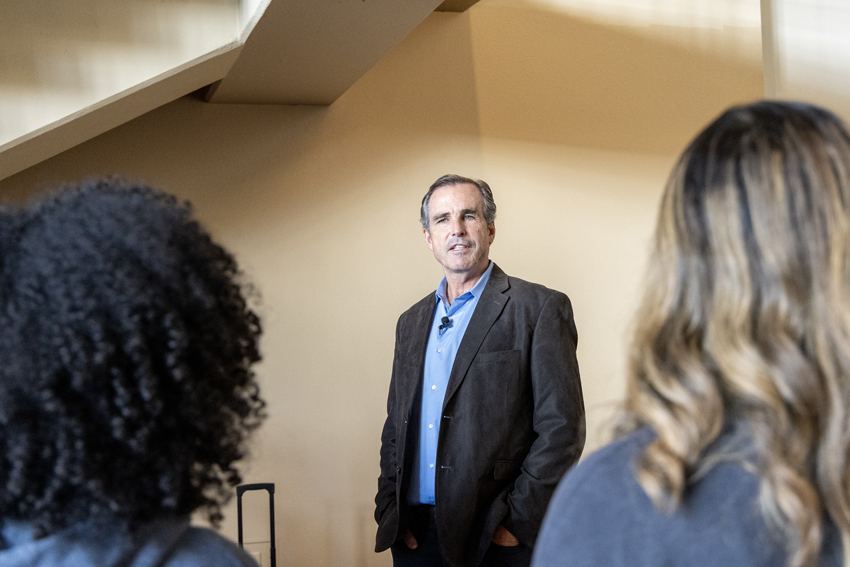During recent years, teenagers have become accustomed to social networking like Facebook, Twitter and texing. As most teens around the world are using cell phones and the tool of texting, different opinions regarding this system have risen.
According to an article in the New York Times about the possible tolls of texting, psychotherapist Michael Hausauer says, “the rapid rise in texting has potential for great benefit and great harm.” Hausauer goes on to say, “Texting can be an enormous tool. It offers companionship and the promise of connectedness. At the same time, texting can make a youngster feel frightened and overly exposed.”
Like Hausauer, Clovis High School sophomore Morgan Bethea considers texting to be a convenient and useful communication tool.
“Communicating through texting is really efficient and simple,” Bethea said. “It is a great way to send a short message and does not require a lot of time or energy; texting is also great for sending out information to large amounts of people. All it takes us is one move of a finger and you can do it anywhere and anytime, without disrupting anything.”
Junior Victoria Hindes also acknowledges the benefits of texting, considering the ability to ask quick questions or locate where someone is without having to vocally talk to them.
“It [texting] is good because you can just ask someone where they are if you’re trying to find somebody, or you can just ask the a quick question about something,” Hindes said. “For me, sometimes it’s easier to text things because it makes it less hard to explain myself and sometimes I can be a little shy when it comes to talking on the phone.”
Although Hindes prefers texting over calling people, she says that when people take the time to call her, she does feel that returning the form of communication is courtesy.
“When people call and leave a voicemail, I usually call them back instead of texting because I figure they called me, so I should return the favor,” Hindes said.
While she believes that texting can help people with their choice of words and getting the point that they want to portray across, Hindes also thinks teenagers can become excessive with their texting.
“I think teenagers especially text too much and a lot of it is just because it’s easier and you don’t have to talk to someone on the phone,” Hindes said. “People often abuse it and not just teens, but elementary kids and adults too. The cons can definitely include lack of social skills.”
While Bethea sees texting as a tool for easy conversation, she also acknowledges some of the drawbacks, such as replacing other forms of writing.
“I think most people in today’s society use text messaging in the wrong way,” Bethea said. “Text messaging has taken away from other forms of communication. I cannot even remember the last time I received a hand-written letter.”
As the father of junior Julianne King and freshman Kaitlyn King, Brent King sees how the advancement of cell phones has grown throughout the years. Due to the fact that cell phones were not around when he was a high school student, King says that texting is not a necessary tool.
“In high school, we didn’t have cell phones and everyone communicated fine,” King said. “I agree that cell phones are convenient for my work business, but texting doesn’t fit along as well as phone calls do. Also, since I’m not a very fast texter, it is a slow form of communication.”
Like substituting writing with texting, phone calls are rarely made because texting is simpler, Bethea says. Athough it is manageable and fast, texting takes away from conversations in person, she says.
“The worst part about texting is that it takes away from face-to-face conversations,” Bethea said. “First of all, people are less likely to spend quality time together, when they can simply send a text. Second, texting distracts those who are spending time together. Texting is a great way to communicate, but many people take advantage of its simplicity.”
According to King, teens have taken texting to an excessive extent beyond simple communication.
“Personally, [I believe that] teens text too much,” King said. “Before texting, people communicated just fine, yet teens remain on their cell phones all day. Texting has now become an obsession.”
For more features on communication, read the March 1 article, Handwritten letters offer personal, lasting impressions and the April 13 article, Texting presents driving hazard.






